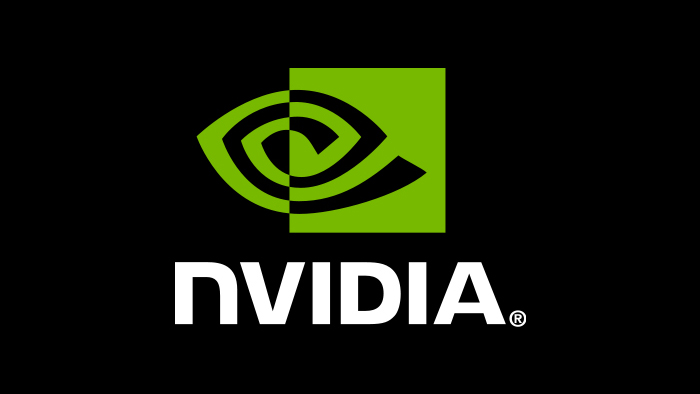By Ian King and Ed Ludlow, Bloomberg
Nvidia Corp. Chief Executive Officer Jensen Huang said that Chinese AI rivals are filling the void left by the departure of US companies from that market, and their technology is becoming more powerful.
“The Chinese competitors have evolved,” he said Wednesday in an interview with Bloomberg Television. Huawei Technologies Co., a Chinese tech company blacklisted by the US government, has become “quite formidable,” he said.
RELATED: DeepSeek unveils update to R1 model
US restrictions on exports to China have effectively locked Nvidia out of the country, the largest market for chips, and as a result the company expects to lose out on $8 billion in sales this quarter alone. During a quarterly earnings call Wednesday, Huang spent much of the time arguing that the American government should ease the curbs.
Related Articles
DeepSeek unveils update to R1 model
Nvidia eases concerns about China with upbeat sales forecast
OpenAI and Nvidia among companies building Stargate AI infrastructure in UAE
Big Tech goes from stock market’s safest bet to biggest question
Nvidia opens AI ecosystem to rival chipmakers to aid global push
Rather than keeping AI technology out of Chinese hands — the intended purpose — local companies are just finding alternatives, he said. Tencent Holdings Ltd. and other major purchasers of his products can’t be blamed for turning to Huawei because they can no longer depend on US suppliers, he said.
“Like everybody else, they are doubling, quadrupling capabilities every year,” Huang said. “And the volume is increasing substantially.”
Huang cautioned that the gap between US products and Chinese alternatives is decreasing. Huawei’s latest AI chip is similar to the performance of Nvidia’s own H200 — a component that was state-of-the-art until its replacement in recent months.
Under new rules, Nvidia isn’t able to even ship its H20 chip to China. That component is a downgraded version of the H200.
It’s not possible to degrade the product’s capabilities further, he told Bloomberg Technology. Nvidia is considering potential alternatives to the H20, but has no current chip planned, Huang said. When it does, the company will have to seek permission from Washington.
“You cannot underestimate the importance of the China market,” Huang said. “This is the home of the world’s largest population of AI researchers.”
Huang said he wants all of the world’s AI researchers and developers to be using American technology. “Irrespective of the near-term revenue success we have had, we can’t ignore the fact that the Chinese market is very important,” he said.
In the interview, Huang was also asked about the US revoking some Chinese student visas and how that might affect Nvidia.
“I believe the administration still feels very strongly about the incredible importance of immigration,” said Huang, who was born in Taiwan. “Look, I’m an immigrant. I know many immigrants that came to the US to build a great life, and many of us have contributed greatly to the technology industry in the US.”
Huang said he believed that will continue. “We would like the brightest to come here,” he said.
More stories like this are available on bloomberg.com
©2025 Bloomberg L.P.





